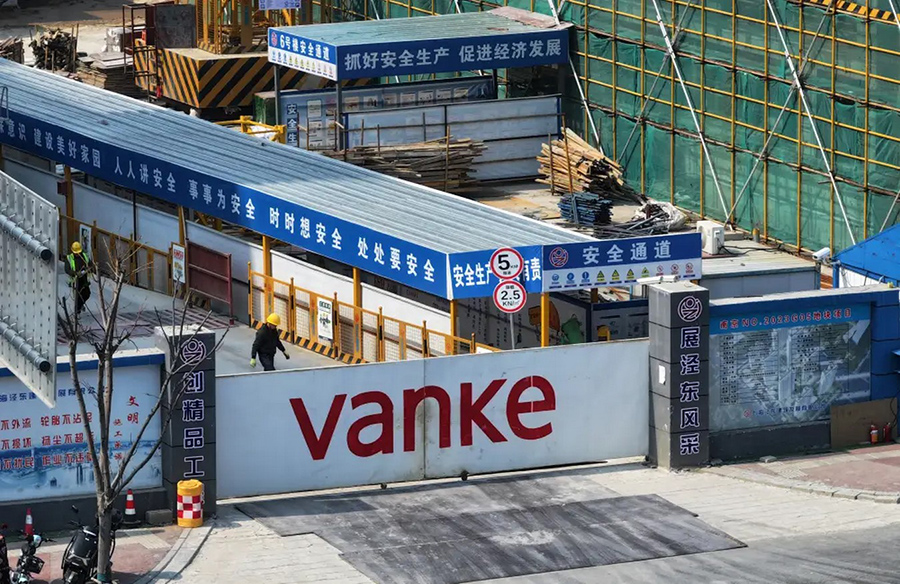China’s real estate market continues to grapple with deep-seated challenges, with recent developments raising concerns about the potential escalation of the country’s property crisis. As the aftermath of Evergrande’s collapse reverberates throughout the sector, attention has turned to another major player — Vanke, a state-backed developer whose financial woes have sparked apprehension among investors and policymakers alike.
Assessing the Current Situation
Charlene Chu, a seasoned analyst renowned for her early warnings about China’s debt risks, warns that the property sector’s troubles are far from over. Despite a widespread belief that market conditions have reached their nadir, Chu cautions that the crisis could intensify, underscoring the fragility of China’s real estate landscape.
Vanke’s Growing Concerns
Amid mounting apprehension, Vanke, China’s second-largest developer by sales, has emerged as a focal point of investor unease. Reports of the company’s efforts to renegotiate debt terms with insurers have triggered a sell-off of its shares and bonds, signaling potential liquidity challenges. Beijing’s intervention, including calls for increased financing and debt maturity extensions, underscores the pivotal role of Vanke in China’s economy.
The Significance of State Backing
Vanke’s status as a state-backed enterprise amplifies the significance of its financial health. With a substantial stake held by the state-owned Shenzhen Metro, any signs of distress within Vanke reverberate across the industry, eroding confidence in other state-owned developers. Moody’s recent downgrade of Vanke’s credit rating further underscores the gravity of the situation.
Policy Response and Market Impact
Beijing’s response to Vanke’s predicament signals a delicate balancing act between market discipline and systemic stability. Despite previous assertions against bailouts for distressed developers, authorities appear poised to intervene to prevent potential defaults and mitigate broader market repercussions. However, concerns persist regarding the contagion effect on both domestic and global economic landscapes.
Uncertain Outlook and Potential Spillover
As China grapples with its property crisis, the outlook remains uncertain, with implications for both domestic and international stakeholders. The risk of contagion looms large, raising fears of broader economic repercussions beyond China’s borders. The evolving situation underscores the need for vigilant monitoring and proactive measures to safeguard financial stability.
In conclusion, China’s property crisis, exemplified by Vanke’s challenges, poses significant risks to the country’s economic resilience and global financial stability. As policymakers navigate the complexities of the real estate market, concerted efforts to address underlying vulnerabilities and restore investor confidence are imperative to mitigate the crisis’s potential fallout.




Leave a Reply